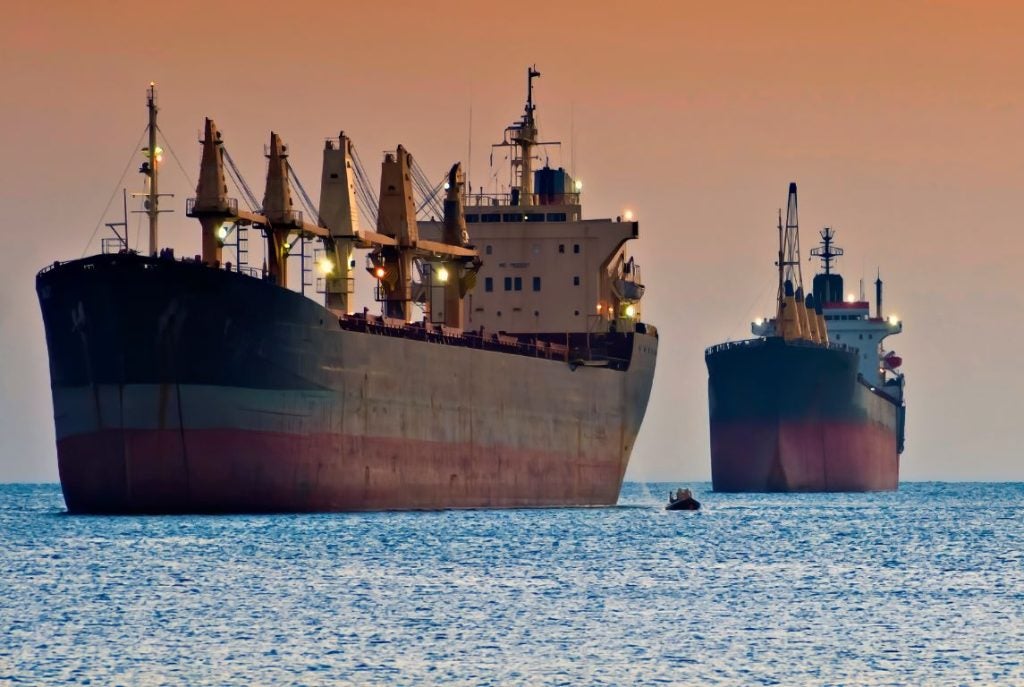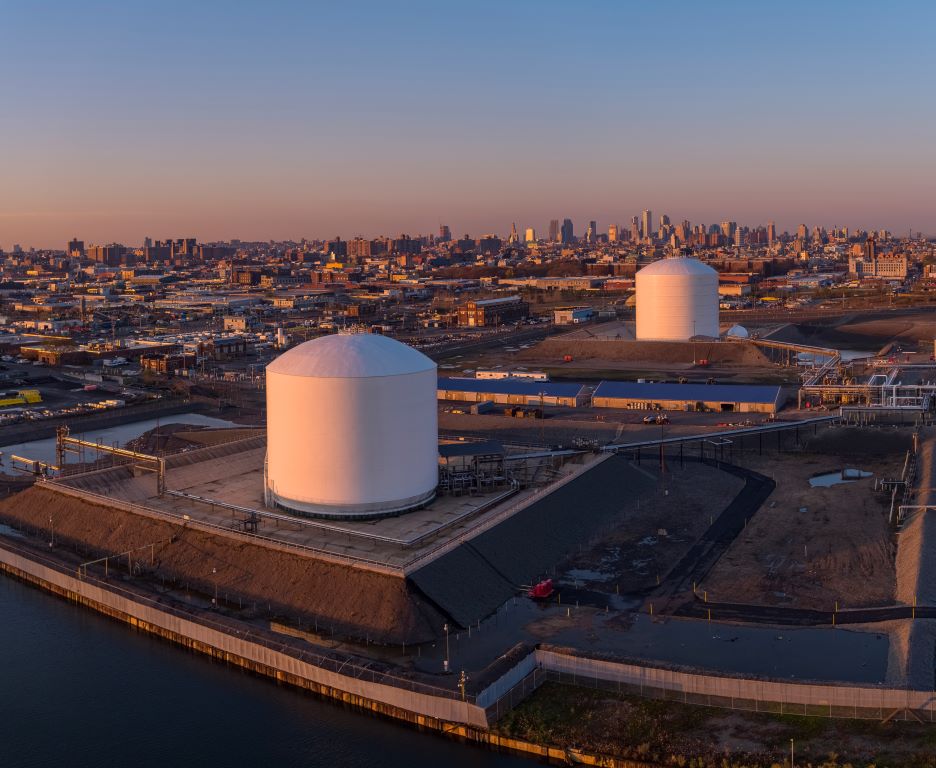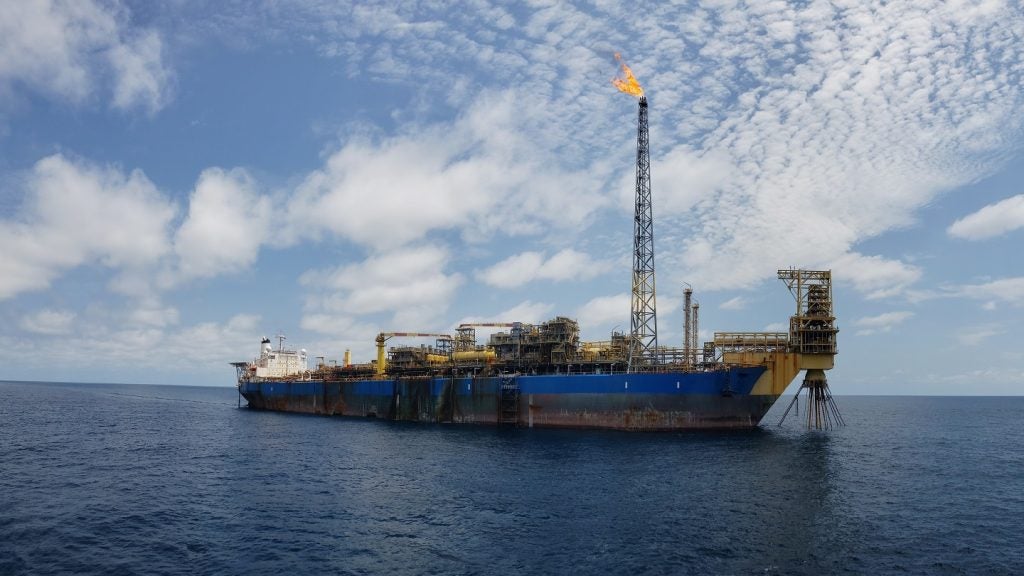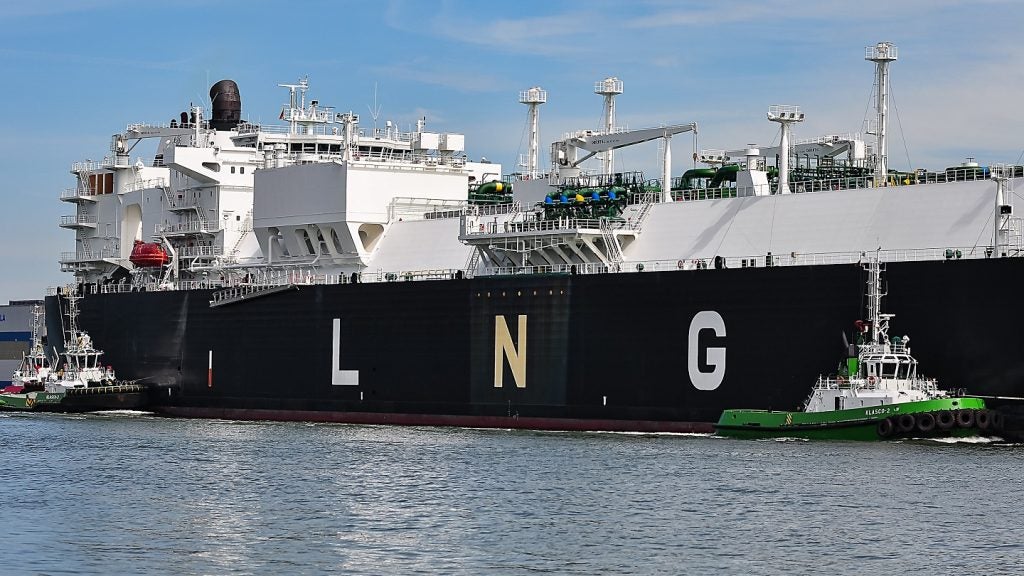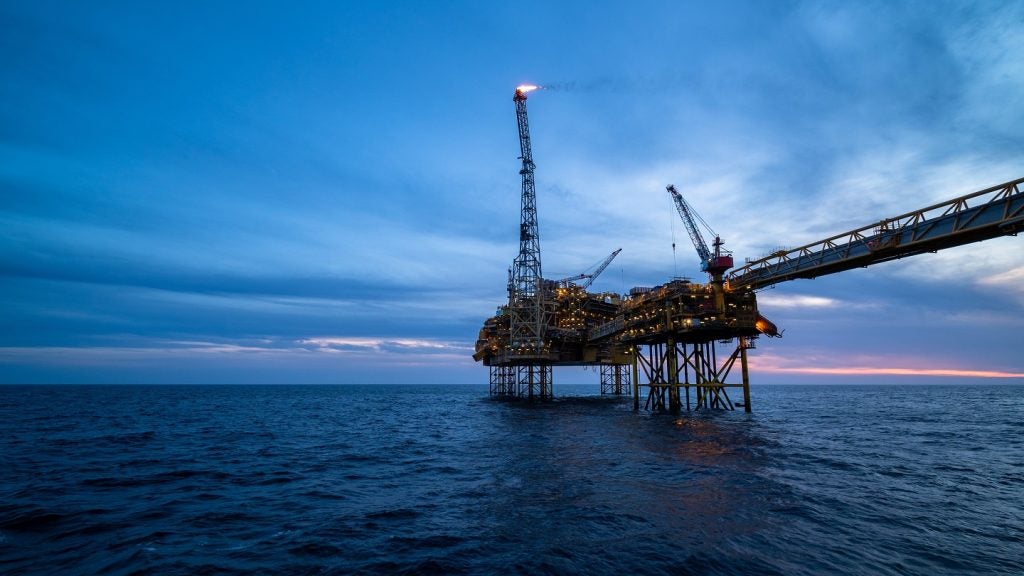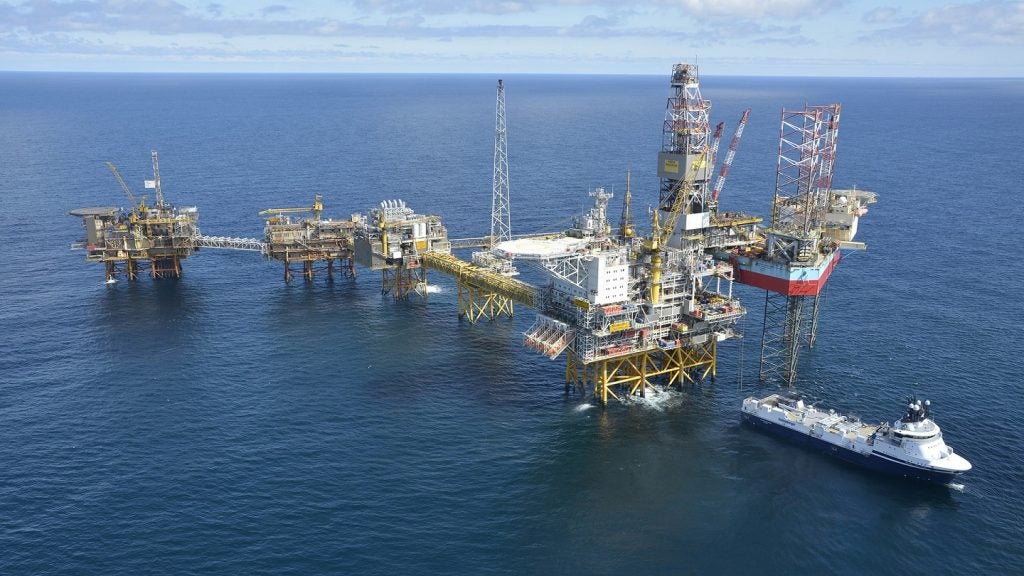The recent tensions in the Red Sea have significantly impacted the global oil and gas and shipping markets. Many companies have had to re-evaluate their supply chain strategies due to increased attacks on ships by Yemen’s Houthis and retaliatory air strikes by the US and UK.
Since October 2023, an ongoing campaign of drone and missile attacks on commercial ships by Yemen’s Houthis has been aimed at pressuring Israel to end its bombardment of the Gaza Strip and enter a ceasefire. In early January, US helicopters targeted Houthi militants who attacked a Maersk container vessel, sparking a larger conflict in the region.
Shipping costs increased, and goods transportation was delayed due to the increased attacks. Instead of passing through the Red Sea, ships now take a longer route around Africa and the Cape of Good Hope, which adds seven to 20 days to their travel time (and puts at risk the global shipping industry’s net-zero ambitions).
According to the Kiel Institute for the World Economy, these attacks have impacted various industries, including energy, automotive, retail and manufacturing, leading to a decline of 1.3% in global trade from November to December 2023. It also documents a significant decrease in imports and exports from the EU since November 2023 (last updated on 11 January).
Disruptions in global trade
In December, US trade also saw a 1.5% decline in exports (although a 1% increase in imports), even though the sea route through the Red Sea and Suez Canal plays a lesser role in the US than European trade, according to the Kiel Trade Indicator value.
According to the Kiel Institute’s figures, EU exports and imports have decreased by 2% and 3.1%, respectively. Moreover, Germany's foreign trade is experiencing a weak phase, with a fall of 2% in exports and 1.8% in month-on-month imports.
"This [longer route ships now have to take from Asia to Europe] is reflected in the declining trade figures for Germany and the EU, as transported goods are now still at sea and have not already been unloaded in the ports as planned,” said Julian Hinz, director of the Trade Policy Research Centre and new head of the Kiel Trade Indicator.
According to the US Energy Information Administration, around seven million barrels per day of crude oil and other petroleum products – accounting for 12% of total seaborne trade – pass through the Red Sea, says Raj Shekhar, director of oil and gas at GlobalData.
Major exporters such as Saudi Arabia and the United Arab Emirates rely on this route to transport their goods. Shekhar believes long-term disruption to this trade route could lead to lower exports from the Middle East and benefit oil and gas producers in other regions like the US, Africa and Brazil. However, he added that suppliers from countries supporting the Houthi movement are expected to remain unaffected by the disruptions.
Analysts predict that global economic growth will be weak in 2024, limiting demand for oil and gas, while geopolitical tensions could provide price support, Reuters reported. According to a Reuters poll conducted in early January, international oil prices are expected to remain close to $80 per barrel in 2024. In January, amidst escalating tensions in the Middle East and supply disruptions in North America, ICE Brent futures saw a rise of $5 per barrel of crude oil, the first monthly gain since September.
“While oil on water surged by 60 mb [million barrels] in December due to end-year tax considerations and as several tanker owners diverted ships away from the Red Sea to around the Cape of Good Hope, observed onshore stocks declined by nearly 40 mb,” the International Energy Agency said in its February oil report.
As a result, many companies have been forced to delay or cancel shipments, leading to a shortage of goods and higher prices for consumers.
Major companies rerouting commercial vessels
In the past three months, many major companies have decided to reroute their commercial vessels.
British oil and gas giant bp was the first oil major to announce such plans on 18 December 2023, temporarily suspending its shipments through the Red Sea after the Houthis increased their attacks on cargo ships.
“In light of the deteriorating security situation for shipping in the Red Sea, BP has decided to pause all transits through the Red Sea temporarily. We will keep this precautionary pause under ongoing review, subject to circumstances as they evolve in the region,” the company said in a statement.
Towards the end of December, Maersk, the world’s largest cargo shipper, also halted shipments through the Red Sea for 48 hours after US retaliation against the Houthis.
“[The Houthi attacks] threaten a key maritime route essential for a significant share of global container traffic and over $1 trillion in annual merchandise,” Zera Zheng, Maersk’s global head of business resilience consulting, said in a report by the World Economic Forum.
International container shipping group Hapeg Lloyd said in a statement: “The conflict in the Red Sea negatively impacted transport volumes at the end of the year, as the rerouting of ships around the Cape of Good Hope extended voyage times.” Hapag Lloyd provides a live tracking application for cargo ships (last updated on 26 February at the time of publication). The company “had to take the decision to avoid the Suez Canal and the Red Sea with immediate effect”.
According to Reuters, four Europe-bound tankers transporting oil and jet fuel from the Middle East and India opted for longer routes via Africa to avoid the Red Sea as of 29 December 2023.
Chevron CEO Michael Wirth told CNBC on 16 January that if tensions in the Red Sea escalate further and lead to significant supply disruption in the Middle East, there are substantial risks to oil flows and price volatility.
“So much of the world’s oil flows through that region that were it to be cut off, I think you could see things change very rapidly,” Wirth told the news agency.
US oil company Chevron reportedly rerouted Kazakhstan’s Caspian Pipeline Consortium Blend oil cargoes to Asia via Africa’s Cape of Good Hope to avoid the risk of disruption.
By 16 January, another British oil company, Shell, had suspended its shipments through the Red Sea after increased retaliation from the US and the UK, escalating an already tense situation. Qatar’s state-owned company, QatarEnergy, also confirmed on 24 January that tensions in the Middle East were impacting some of its liquefied natural gas shipment deliveries and forcing delays.
A source familiar with the matter said on 16 January that QatarEnergy was halting shipments based on “security advice” that the Red Sea route “remains unsafe”, but “it is not a halt of production”.
The decisions by several major oil and gas giants to halt shipments and take longer routes have resulted in a decline in transport volumes and global trade. The additional transit times have also led to a spike in carbon dioxide (CO₂) emissions. The recent attacks also pose a risk of major oil spills, which could be disastrous for the environment.
“Environmental disaster” caused by attacks in the Red Sea
While the disruption of trading routes in the Red Sea has caused significant problems for businesses, resulting in increased costs and time, the diversion also has significant potential environmental implications.
On 24 February, US Central Command (Centcom) warned of an “environmental disaster” following an attack by Yemen’s Houthis on a cargo ship that caused an oil slick in the Red Sea.
Centcom said on 18 February that the Houthis targeted a UK-owned bulk carrier named Rubymar, flagged by Belize. The ship was sailing through the Bab al-Mandeb Strait, connecting the Red Sea and the Gulf of Aden, en route to Bulgaria from Khor Fakkan in the United Arab Emirates when multiple missiles attacked it.
Yemen’s Ministry of Foreign Affairs said in a statement that the “ship carries large quantities of ammonia and oil, and there is a concern of preventing the leakage of these hazardous materials into the sea.”
In addition to the environmental damage from the recent spill, the rerouting of hundreds of container ships due to tensions in the Red Sea has spiked CO₂ emissions, Offshore Technology’s sister publication, Energy Monitor, reports.
Data analytics company Sea-Intelligence estimates that container ships diverting from their usual Red Sea routes could increase CO₂ emissions by 260–354%. Ships that travel via the Red Sea routes are responsible for approximately 20% of the world's shipping containers, reports Energy Monitor, so the diversions risk undermining the International Maritime Organization's goal of reducing shipping emissions by at least 20% (and ideally 30%) by 2030, with the aim of net zero by 2050.
As of now, the Houthis have announced that vessels linked with the US, UK and Israel are “banned” from sailing in the Red Sea and surrounding waters as part of efforts to strengthen their military campaign.
It is still uncertain how long the disruptions will last. In a recent news briefing, Hapag-Lloyd’s CEO Rolf Habben Jansen said: “We don’t think it will be over the day after tomorrow. Whether it will be one, three or five months – I don’t know.”
Abdul Malik al-Houthi, the Houthi’s military leader, said that the attacks would “mirror escalations of Israel’s military operations in the Gaza Strip” and that retaliatory strikes by the US-UK coalition have failed to stop the Houthi campaign.


